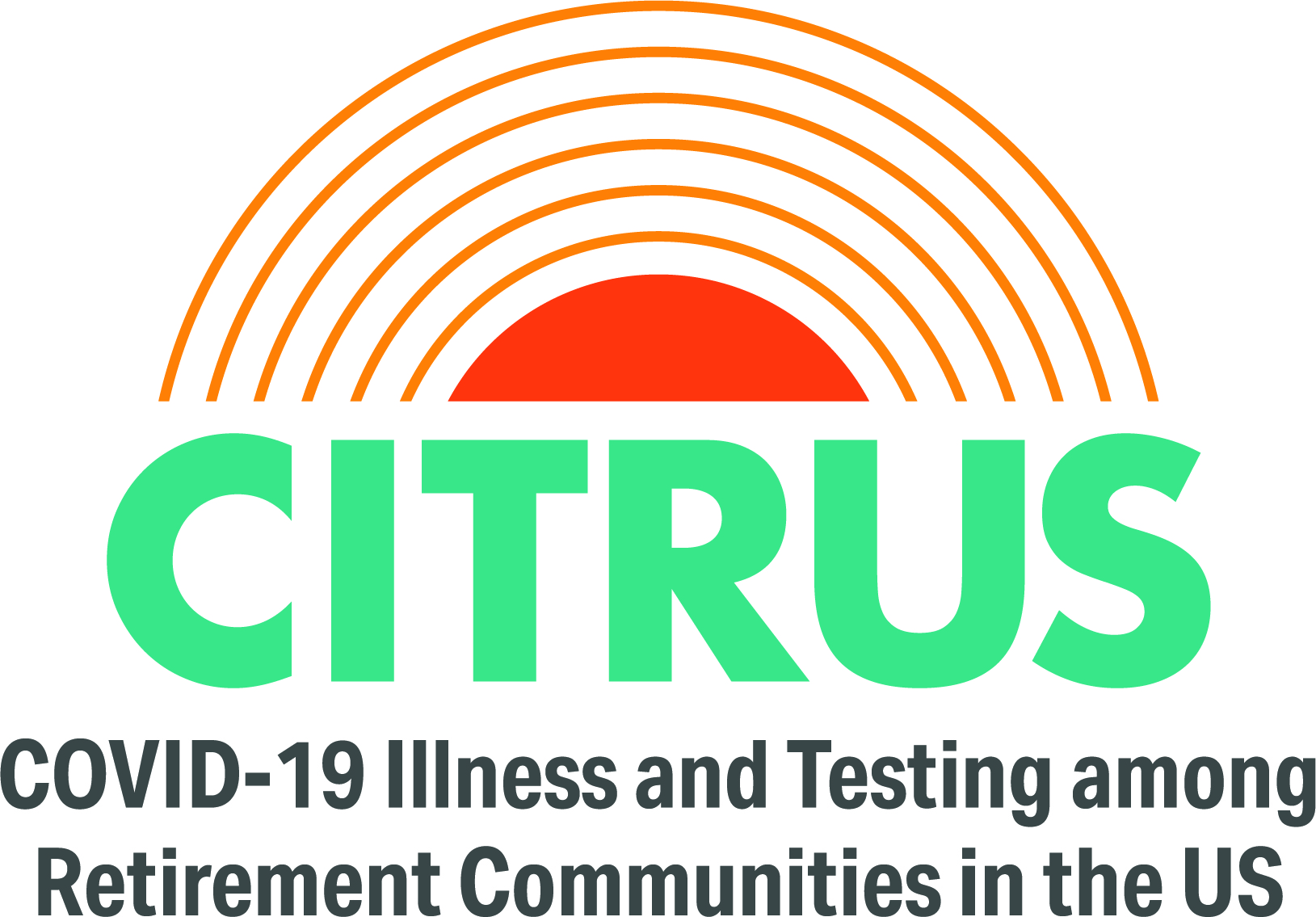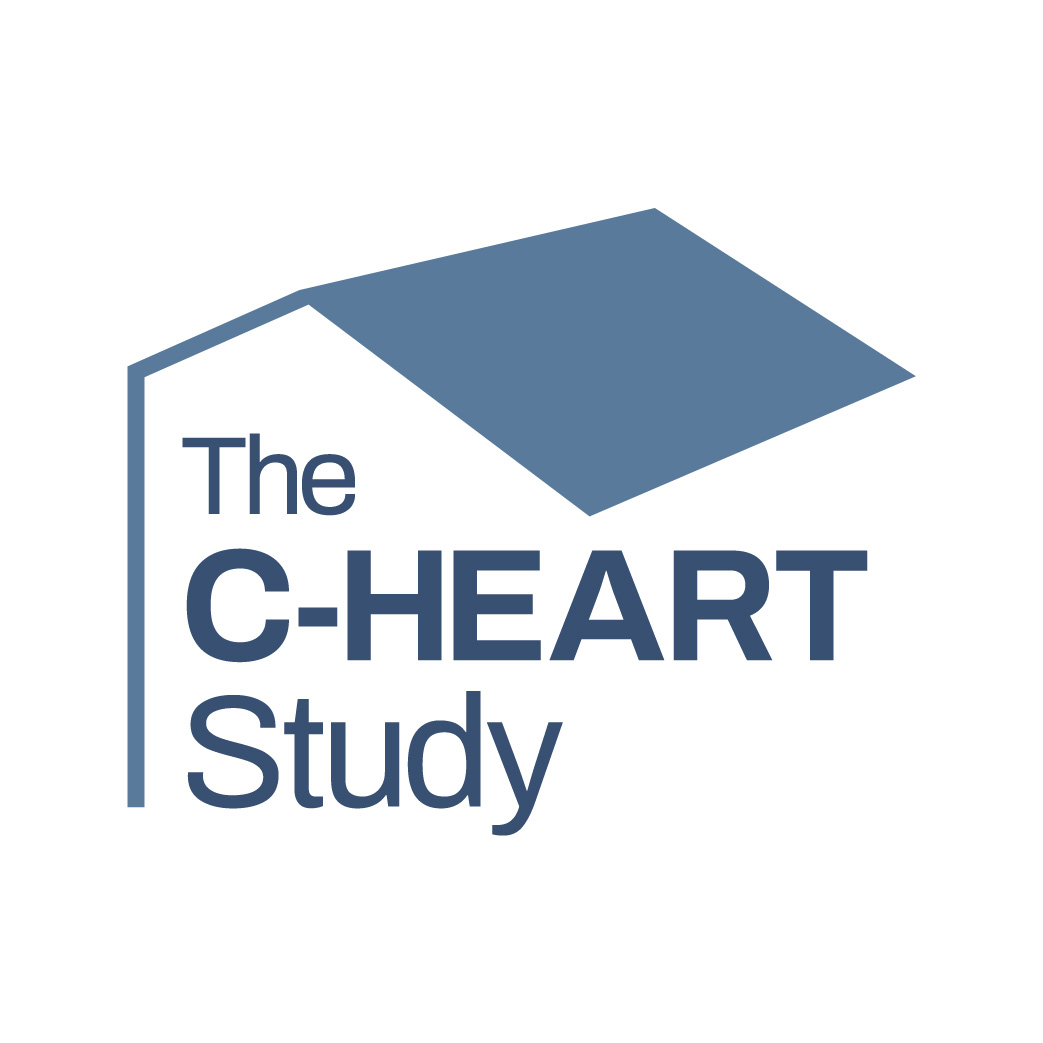Spotlight On: CDC COVID-19 Research

Since the COVID-19 pandemic began, data for decision-making have been needed by public health practitioners worldwide. In the U.S., the Centers for Disease Control and Prevention (CDC) plays a critical role in combatting the pandemic and conducting research. CDC’s real-time surveillance of COVID-19 cases and analyses of surveillance data inform public health policies, communication about protective behaviors, and guidance to public health and healthcare providers, communities, businesses, and schools.
This need continues today, but early in the pandemic CDC urgently required research data to inform the COVID-19 response, especially related to risk and protective factors across key population groups. They included healthcare personnel, first responders, and essential workers; pregnant women and infants; individuals 50 years and older; older adults in continuting care retirement communities; and households.

Methods
From the first few months of the COVID-19 pandemic, Abt supported a variety of CDC COVID-19 research initiatives. Since 2013 under a contract with CDC, Abt managed an infrastructure of clinical health organizations set up to conduct network studies to assess risk and characterize disease epidemiology of novel influenza or other novel respiratory viruses among different population cohorts. Abt recognized that it could pivot and use this infrastructure to perform these tasks for COVID-19. Abt has significant experience with the approaches needed to provide the studies and data CDC required. They include:
- Study design
- Data collection and coordination
- Data management, cleaning, and analytic file preparation
- Specimen collection, processing, and testing
- Technical assistance and training
- Project management
In addition, under a separate contract, Abt provided staff to the CDC’s COVID-19 Epidemiology Task Force. The CDC Epidemiology Task Force was responsible for identifying and tracking COVID-19 cases, spread, and containment and was critical to accomplishing CDC’s mission and goals during the COVID-19 pandemic.

Research
Studying cohorts with different characteristics and vulnerabilities is critical to understanding how an infectious disease spreads and affects the human population. It’s especially important for monitoring vaccine safety and effectiveness. Our infectious diseases and clinical research experts have led COVID-19 cohort studies with CDC and partners to assess:
- household transmission
- transmissibility of infection
- rates of infection and illness
- clinical epidemiology of the disease
- characteristics of medically and non-medically attended cases.
Dive into the Abt team’s six cohort studies below.



Geisinger Electronic Cohort Study and Geisinger Prospective Case-Control Study
Older adults are at high risk for contracting novel coronavirus and for developing severe COVID-19 illness if infected. This study consisted of two activities:
- an electronic cohort that used electronic medical record extraction to monitor and describe medical care for hospitalized patients aged ≥50 years old in a rural health care system.
- prospective enrollment and follow-up of a subset of test-positive study participants and matched test-negative controls who were admitted to inpatient care and tested for novel coronavirus.
The study examined serologic indicators of infection, correlates of protection, and patterns of medical care and health outcomes among three age groups (50-64 years, 65-79 years, 80+ years old).



Contact Us

Danielle Rentz Hunt, Ph.D.
Division of Health & Environment
Atlanta, GA
(404) 946-6305
Email





